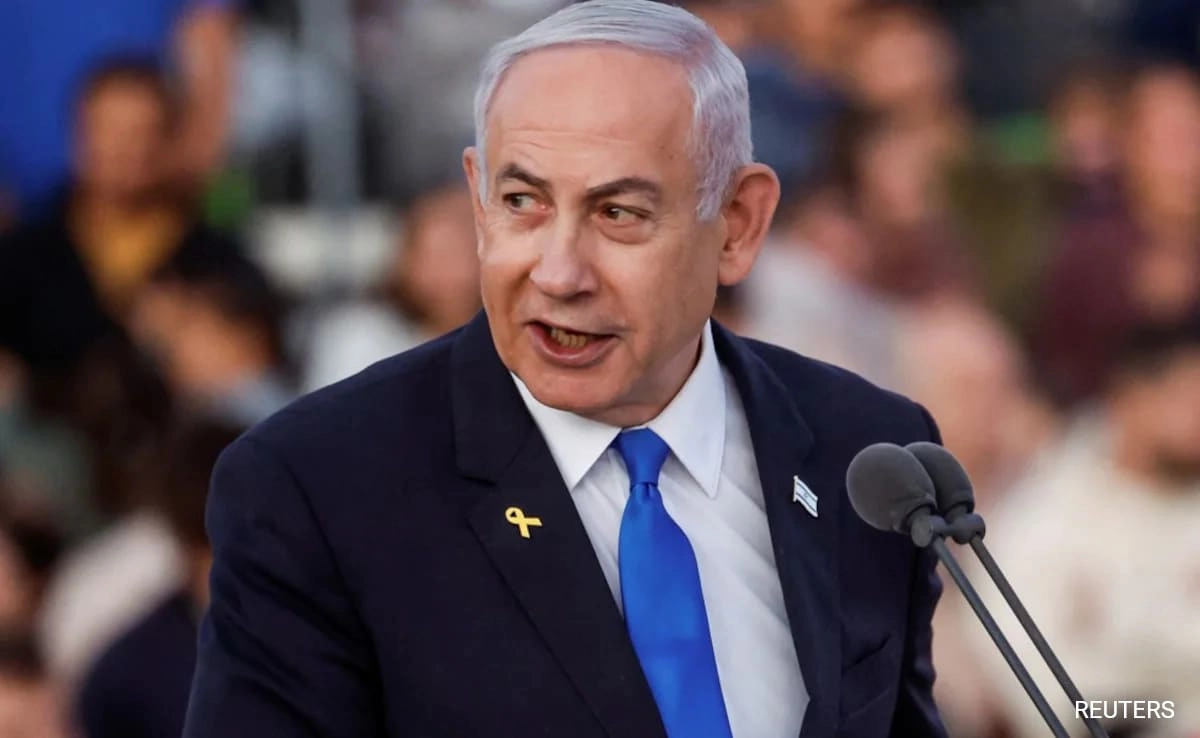Israeli Prime Minister Benjamin Netanyahu recently withdrew his nomination for the position of security chief, a decision influenced by significant backlash from influential political figures, including an ally of former President Donald Trump. The nominee, who had been expected to take on a crucial role in overseeing national security matters, faced scrutiny that raised questions about his suitability for the position. Critics expressed concerns over his previous statements and associations, suggesting that he might not align with the current government’s security priorities or the broader national interests of Israel.
This development underscores the intricate relationship between Israeli politics and international alliances, particularly with key figures in the United States. Trump’s ally’s vocal opposition to the nominee amplified the scrutiny surrounding the selection process, indicating how external political dynamics can impact domestic appointments. Netanyahu’s decision to retract the nomination reflects a broader trend in which leaders must navigate not only internal party politics but also the expectations and pressures exerted by international partners.
The implications of this withdrawal extend beyond the immediate political landscape, as it raises questions about the future direction of Israel’s security policies. The appointment of a security chief is pivotal, especially in a region characterized by ongoing tensions and security challenges. Netanyahu’s administration is under constant pressure to demonstrate effective governance and a strong security stance, particularly in light of recent conflicts and threats.
As the search for a new nominee begins, the Prime Minister will likely seek someone who can resonate with both domestic demands and international expectations. This scenario illustrates the delicate balance that leaders must strike when making appointments that carry significant weight in national security, highlighting the interconnectedness of global politics and local governance. Ultimately, this incident serves as a reminder of the complexities inherent in leadership roles at the intersection of domestic issues and international relations.




